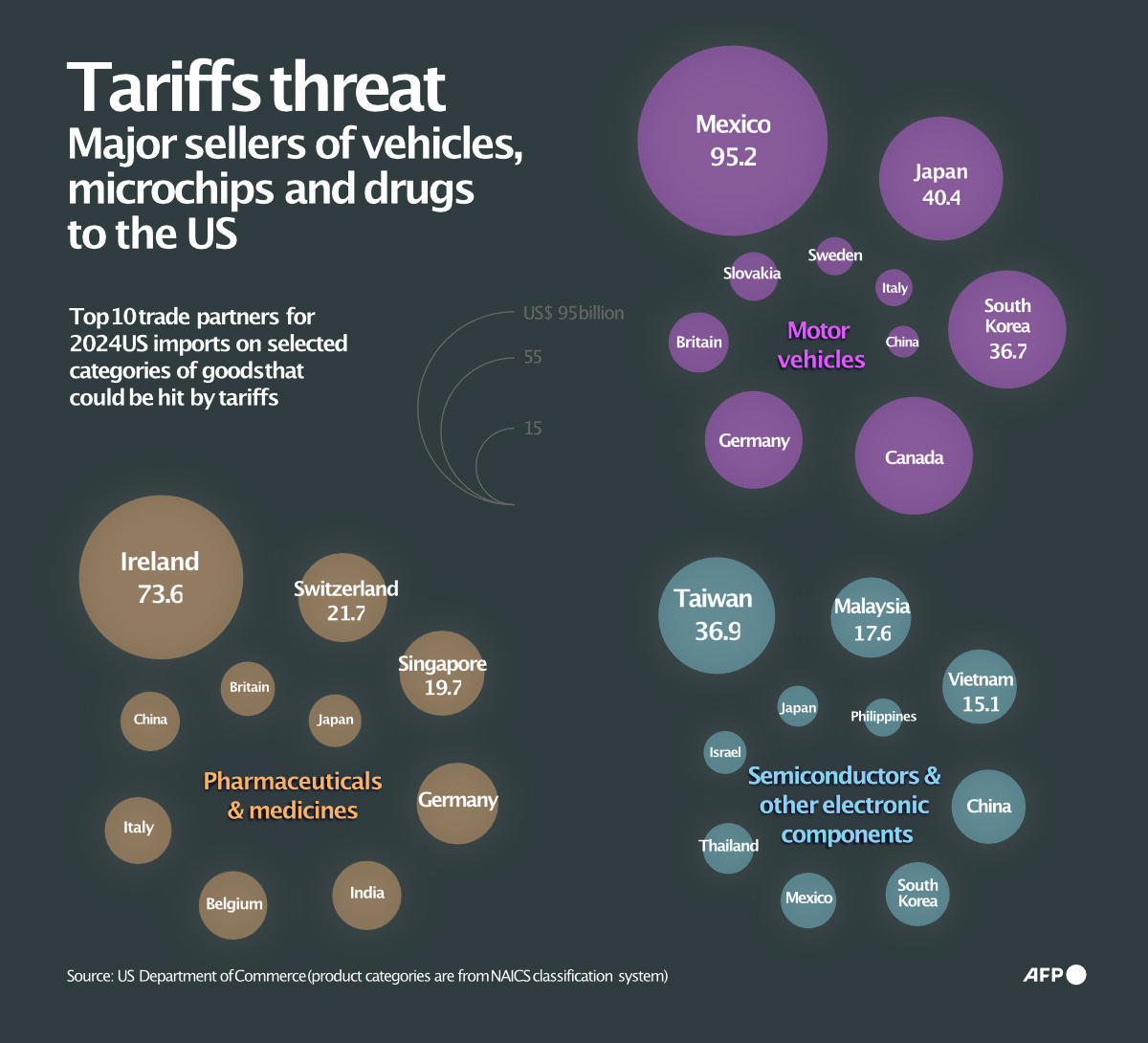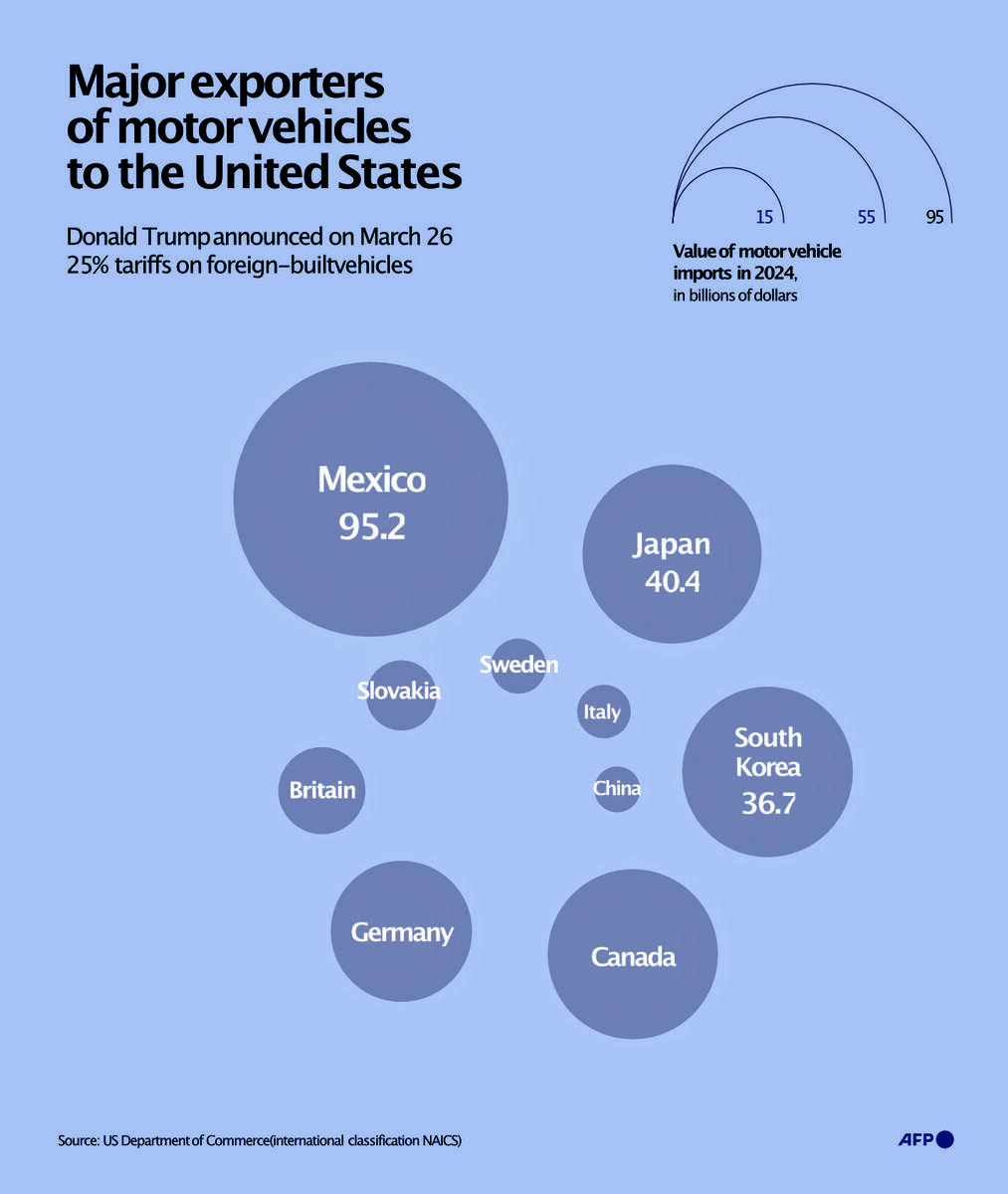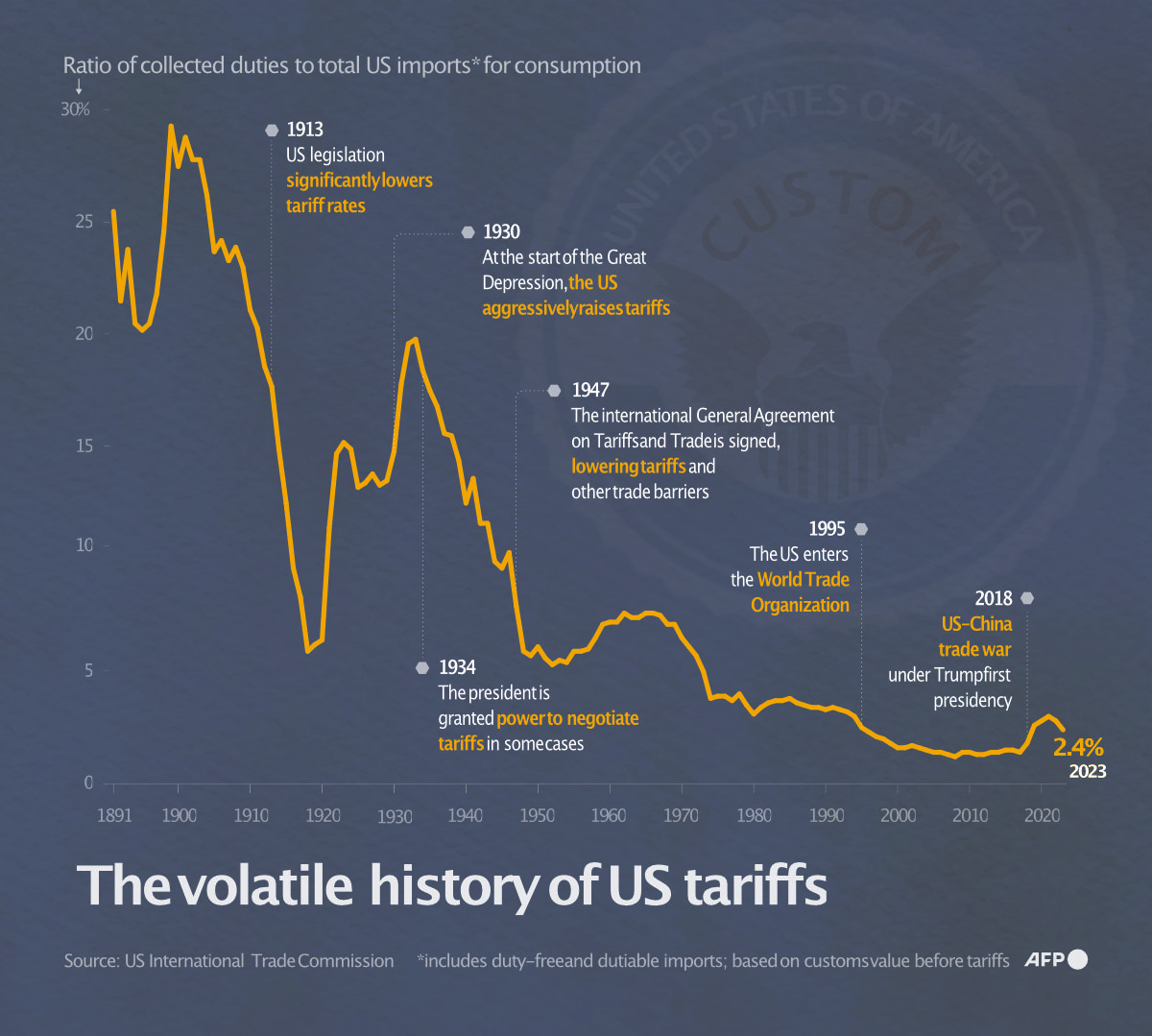COPENHAGEN: Danish Prime Minister Mette Frederiksen on Tuesday criticized a planned US delegation visit to Greenland, a Danish territory coveted by President Donald Trump, as putting “unacceptable pressure” on both the territory and her country.
The White House has announced that Usha Vance, the wife of Vice President JD Vance, will visit Greenland from Thursday to Saturday to attend Greenland’s national dogsled race in El-Sisimiut, on the northwestern coast.
The race has been largely sponsored by the US consulate in Nuuk, Greenlandic media reported.
According to the Arctic island’s outgoing Prime Minister Mute Egede, US national security adviser Mike Waltz will also visit Greenland this week, while US media have reported that Energy Secretary Chris Wright will travel there as well.
The visits, presented as private, have angered Danish and Greenlandic politicians.
“You can’t organize a private visit with official representatives of another country,” Frederiksen told reporters.
The visit comes at a time of political flux in Greenland, where political parties are still negotiating to form a new coalition government following a March 11 general election.
“This is clearly not a visit that is about what Greenland needs or wants,” Frederiksen told broadcaster DR.
“That’s why I have to say that the pressure being put on Greenland and Denmark in this situation is unacceptable.
“And it’s pressure we will resist,” she added.
The outgoing Greenlandic government said in a post on Facebook it had not “sent out any invitations for visits, private or official.”
“The current government is a transitional government pending the formation of a new governing coalition, and we have asked all countries to respect this process,” it wrote.
Since returning to power in January, Trump has insisted he wants the United States to take over Greenland for national security purposes and has even refused to rule out the use of force to achieve that aim.
A self-governing Danish territory which is seeking to emancipate itself from Copenhagen, Greenland holds massive untapped mineral and oil reserves, although oil and uranium exploration are banned.
It is also strategically located between North America and Europe at a time of rising US, Chinese and Russian interest in the Arctic, where sea lanes have opened up due to climate change.
Greenland’s location also puts it on the shortest route for missiles between Russia and the US.
According to opinion polls, most Greenlanders support independence from Denmark but not annexation by Washington.
Greenland’s likely new prime minister — Jens-Frederik Nielsen of the center-right Democrats, who won the election — has criticized Trump’s moves on Greenland as “inappropriate.”
Aaja Chemnitz, a lawmaker representing Greenland in the Danish parliament, insisted the US delegation had not been invited.
“No one from the Greenlandic official system has invited the so-called tourists. They’re coming, using soft power diplomacy and also focusing on security issues and this is totally unacceptable,” Chemnitz told AFP.
Trump maintained the visit was at the invitation of Greenland.
“We’ve been invited,” Trump told reporters on Monday.
“We’re dealing with a lot of people from Greenland that would like to see something happen with respect to being properly protected and properly taken care of,” he said.
The Danish prime minister stressed Copenhagen and Nuuk were still open to cooperation with the US.
“We are allies, we have a defense agreement on Greenland that dates back to 1951,” Frederiksen said.
“There is nothing that indicates, neither in Denmark nor Greenland, that we don’t want to cooperate with the Americans.”
The US delegation will be met by a protest in El-Sisimiut, Greenland’s second-biggest town with 5,500 people, where locals have been encouraged to turn their backs on the US convoy, one of the organizers told daily Sermitsiaq.
“This is our way of showing that we don’t agree with their presence and their way of doing things,” Per Norgard said.
The delegation is also expected to visit a US air base in Pituffik, though no official program has been published.
In the current negotiations to form a new coalition government, only one of the five parties in parliament has quit the talks — the Naleraq party.
While all of the parties are in favor of eventual independence, Naleraq has campaigned for a quicker emancipation from Denmark.



























